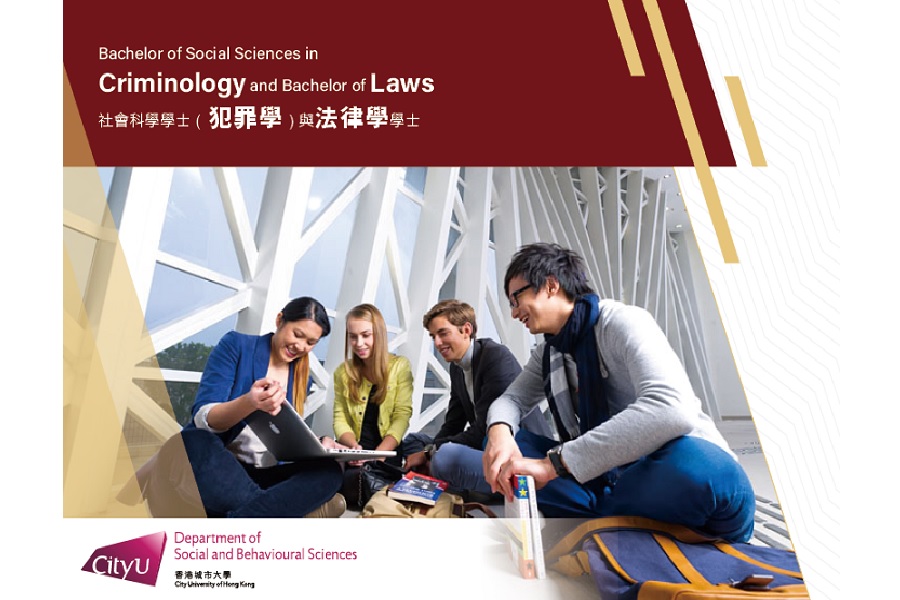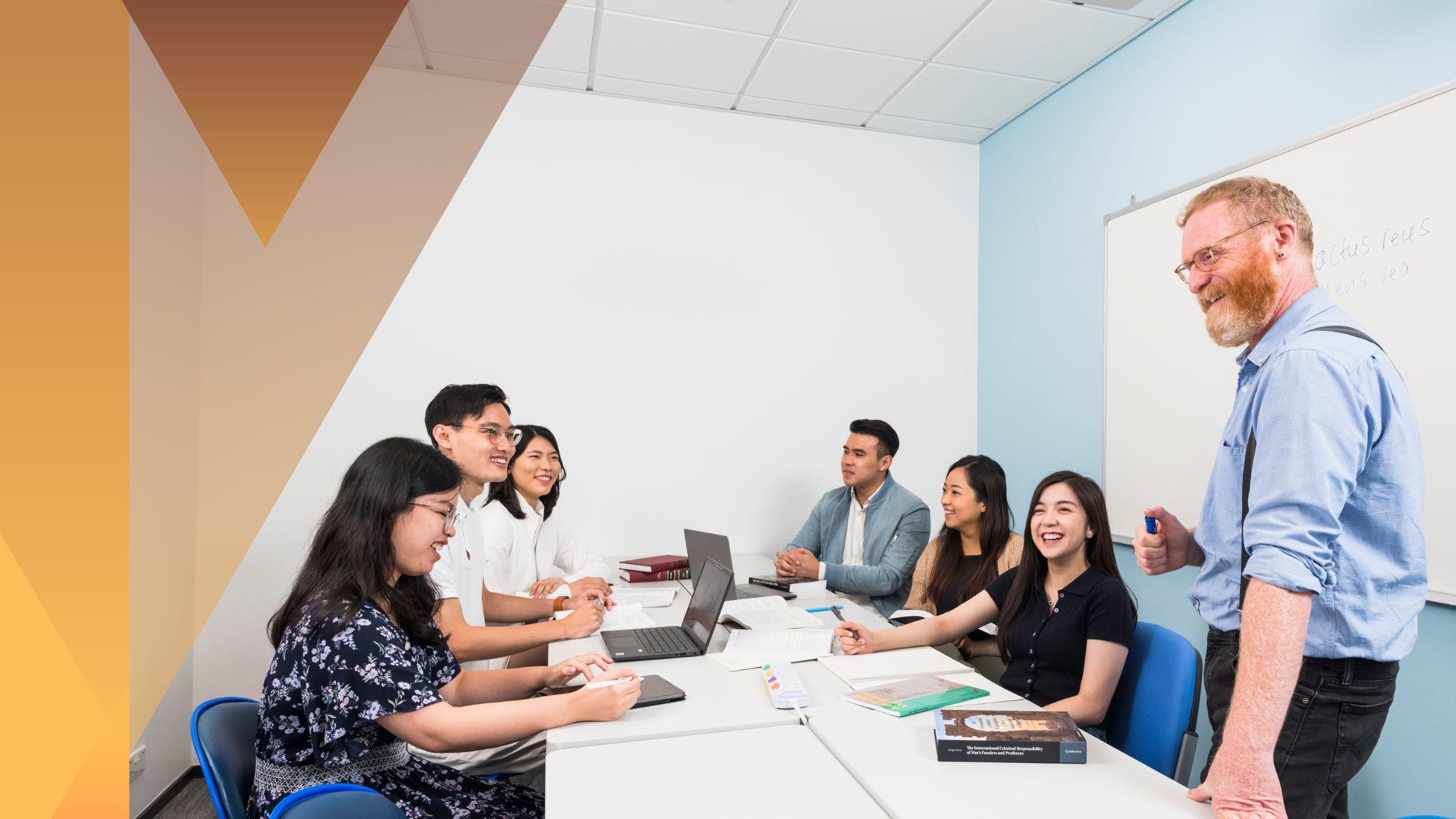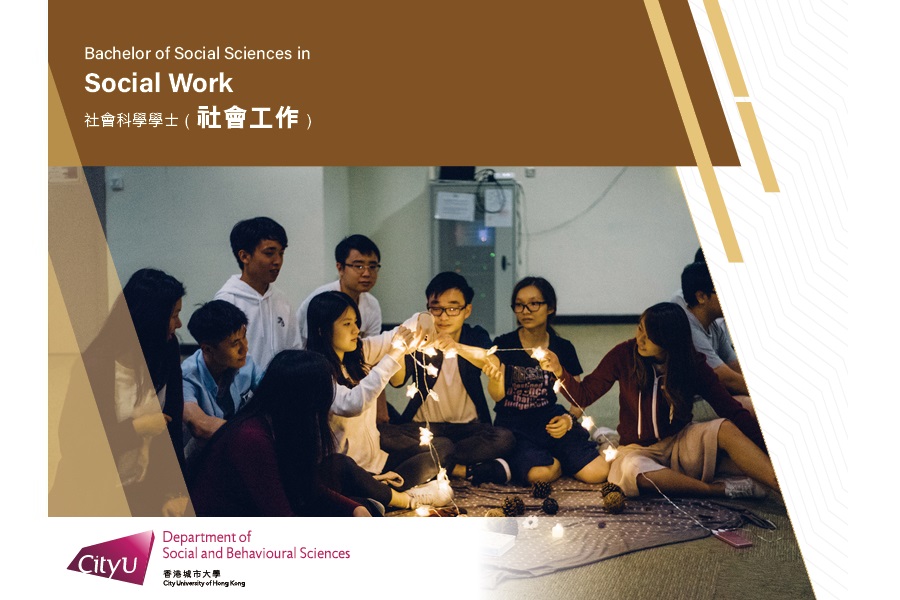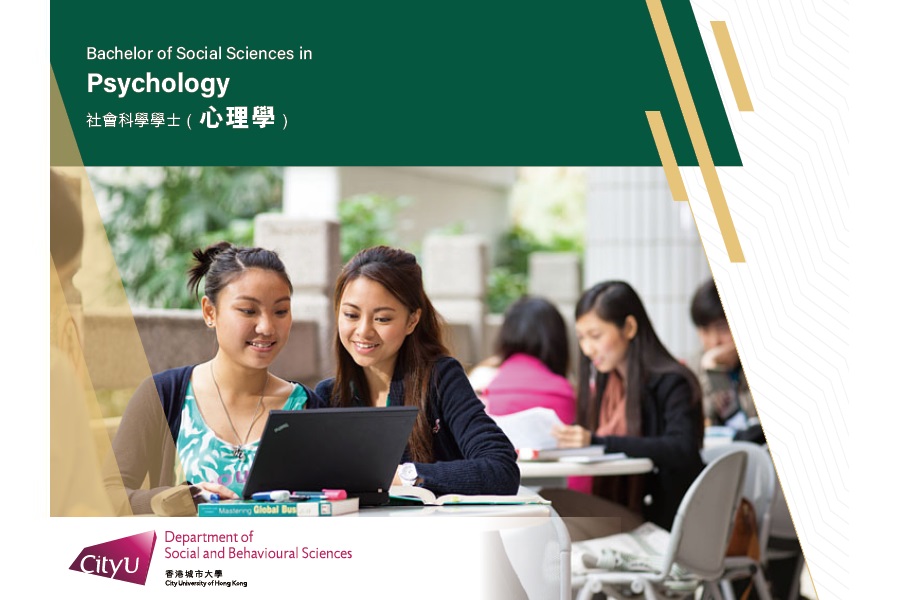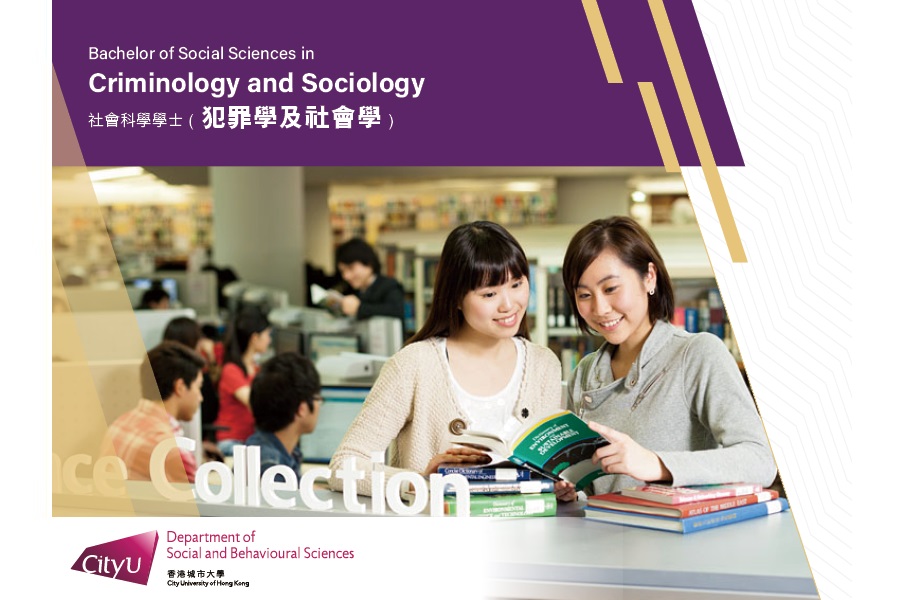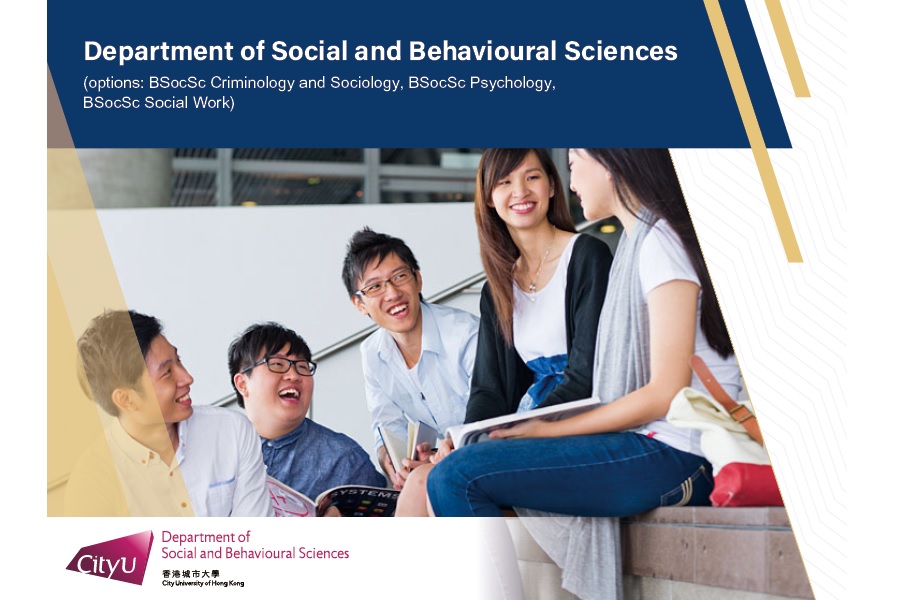Bachelor of Engineering in Environmental Science and Engineering and Bachelor of Business Administration in Finance

1052 (JS1052)
10 (For First Year Entry)*
* for JUPAS and non-JUPAS admissions
As the demand for professionals with expertise in environmental engineering, green finance, and Environment Social Governance (ESG) continues to rise, it has become increasingly apparent that there is a shortage of local financial professionals with expertise in ESG, as noted in the Chief Executive’s 2022 Policy Address. Given Hong Kong’s strength as an international financial centre, it is imperative to further establish its status as a preferred ESG investment hub. Investors will likely shift their priority to companies with high ESG performance and commitment towards the carbon neutrality target. Moreover, areas like green finance and carbon emission trading are gaining importance in the financial field.
In response to the aforesaid developments, the School of Energy and Environment is proud to offer, in collaboration with the Department of Economics and Finance, a new double degree programme, the Bachelor of Engineering in Environmental Science and Engineering and Bachelor of Business Administration in Finance.
Through this double degree programme, students will receive a rigorous and comprehensive education in both environmental engineering and finance. They will acquire the necessary skills and knowledge to address the challenges of sustainable finance, not just in Hong Kong but also in the global context. By bridging the gap between these two fields, graduates of this programme will be well-prepared to tackle complex sustainability issues from a multidisciplinary perspective.
JUPAS Entrance Requirements
| JS1052 Bachelor of Engineering in Environmental Science and Engineering and Bachelor of Business Administration in Finance | |
| HKDSE Subject | Minimum Level Required |
| English Language | Level 3 |
| Chinese Language | Level 3 |
| Mathematics | Level 3 |
| Citizenship and Social Development | Attained |
| Elective 1 | Level 3 in one elective subject from: - Biology - Chemistry - Physics |
| Elective 2 | Level 3 |
Notes:
- Besides Category A elective subjects, Mathematics extended modules (M1/M2) and “other languages” (at grade E or above) can also be used to meet the elective requirement. If students take both M1 and M2, they are counted as one subject only.
- Applied Learning subjects are not counted as elective subjects.
- For details of the alternative Chinese Language qualifications acceptable by the University for Non-Chinese Speaking (NCS) students, please click here.
Direct/ Non-JUPAS Applicants Entrance Requirements
In addition to meeting the General Entrance Requirements as stipulated by the University, as a guide for applications, direct / non-JUPAS applicants are expected to have studied Mathematics and subjects related to Chemistry/Physics at a high school or post-secondary institution.
The programme adopts an integrated curriculum combining the essence of the two degrees. Students will enroll in courses primarily offered by SEE and EF to complete a minimum requirement of 153 credit units in five years.
For details, please refer to the page at the following link:
https://www.cityu.edu.hk/see/programmes/undergraduate-programmes/BEngEVEBBAFIN
The programme is designed to meet the unique needs of Hong Kong’s environmental and business landscape, and to prepare students for Environmental, Social, and Governance (ESG)-related careers in the region. The programme objectives are:
To provide students with a solid foundation in environmental engineering, economics, and finance, and to develop their knowledge and skills in climate change, social responsibility, and sustainable development;
To equip students with the technical and analytical skills to assess environmental risks and opportunities, conduct ESG audits, and design and implement ESG strategies in various industries and sectors, such as energy, manufacturing, finance, and consulting;
To develop students’ leadership and communication skills, enabling them to engage stakeholders and communicate effectively about sustainability issues, and to work collaboratively with multidisciplinary teams to achieve Carbon Neutrality goals;
To foster students’ ethical and professional values, including integrity, transparency, and accountability, and to prepare them to address the complex ethical dilemmas and conflicts that arise in ESG-related work;
To promote students’ global awareness and cultural competence, encouraging them to engage in international sustainable finance and environmental engineering initiatives and to work across borders and cultures to promote sustainability and social justice; and
To prepare students for lifelong learning and professional development, providing them with the tools and resources to stay up-to-date with the latest ESG trends, innovations, and best practices, and to pursue further education or professional certifications as needed.
Integrated Enrichment Programme comprises a wide range of co-curricular activities and training that are tailored for SEE undergraduate students. Through the Programme, students will be exposed to not only summer programme and regular student exchange, but also industry-ready internship, professional training in leadership, presentation skills, business etiquette, business communication, and so on. The series of co-curricular activities organized by SEE every year aims to equip our students to be all-round professionals who possess skillsets highly sought after by the job market.
- ITC STEM Internship Scheme
- Industry Ready Programme
- Student Exchange & Overseas Summer Programme
- Industrial Mentorship Programme
- Career Aspiration & Development: Talks and Training
- Student Chapter
For details, please visit our page at:
https://www.cityu.edu.hk/see/student-life-and-learning/integrated-enrichment-programme
Our graduates enjoy a wide range of career opportunities, including but not limited to, in various units such as government departments, NGOs, and private companies.
Carbon Neutrality and Management
Consultants in Engineering and Professional Firms (e.g., Big-4)
ESG Reporting for Compliance (Multinational Corporations and Listed Companies)
Green Finance and ESG Investing
In-house Sustainability Officers
Sustainability Taskforce of Government Departments
Miss Michelle WONG
工學士(環境科學及工程學)與工商管理學士(金融)
On a selective basis
- April to May 2024
- Group interview (30 minutes)
- English
On a selective basis
- Early to mid-July 2024
- Group interview
- English
